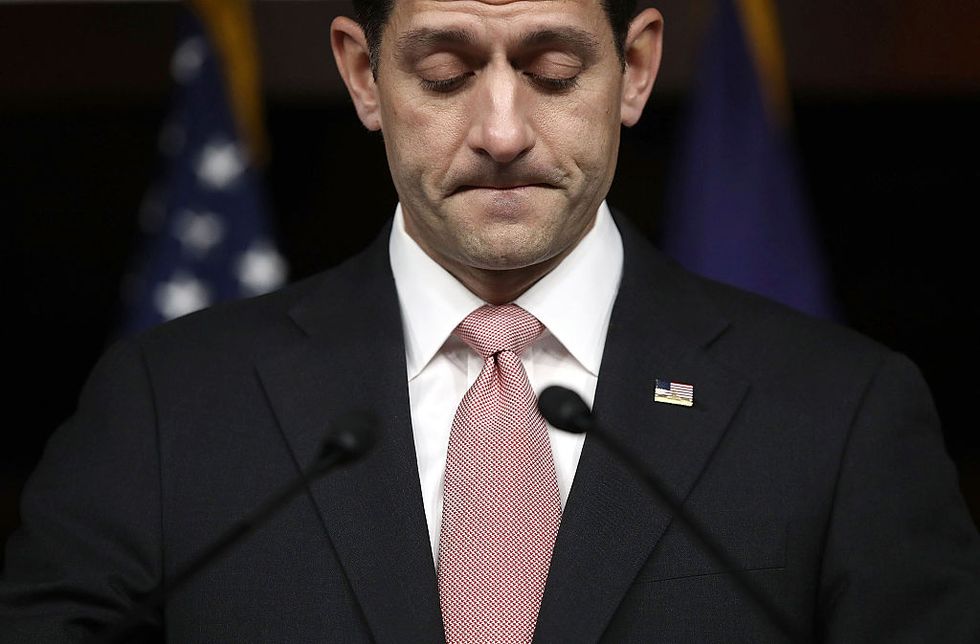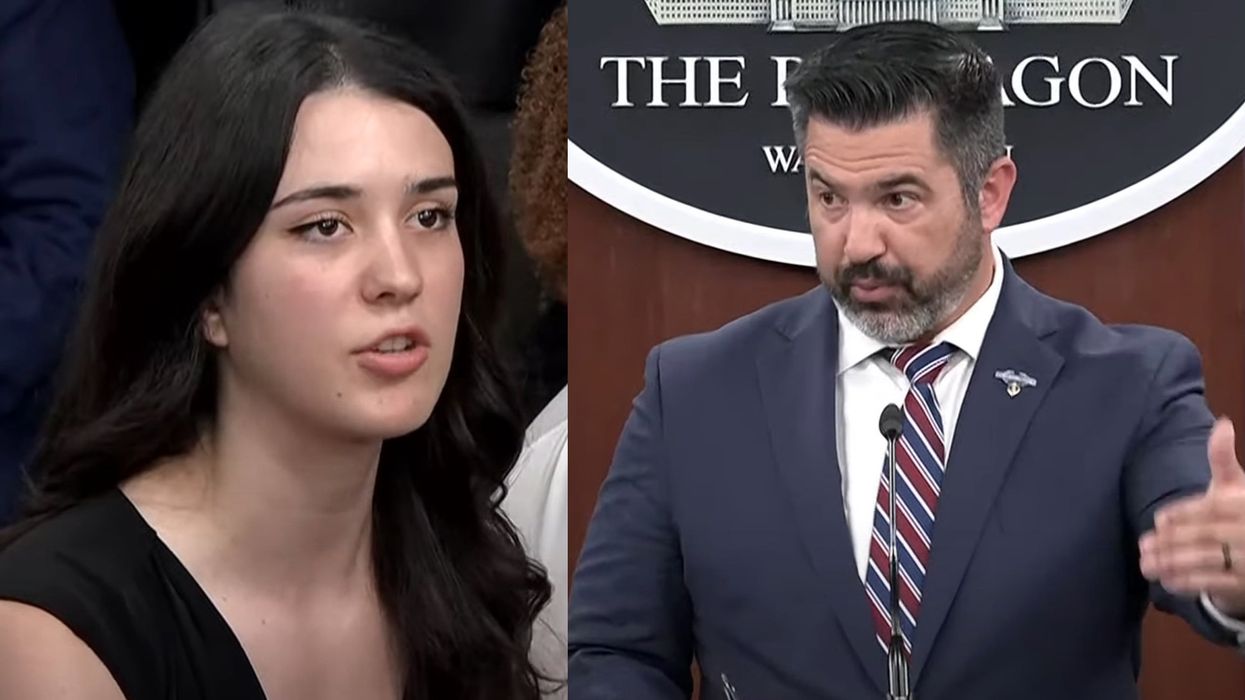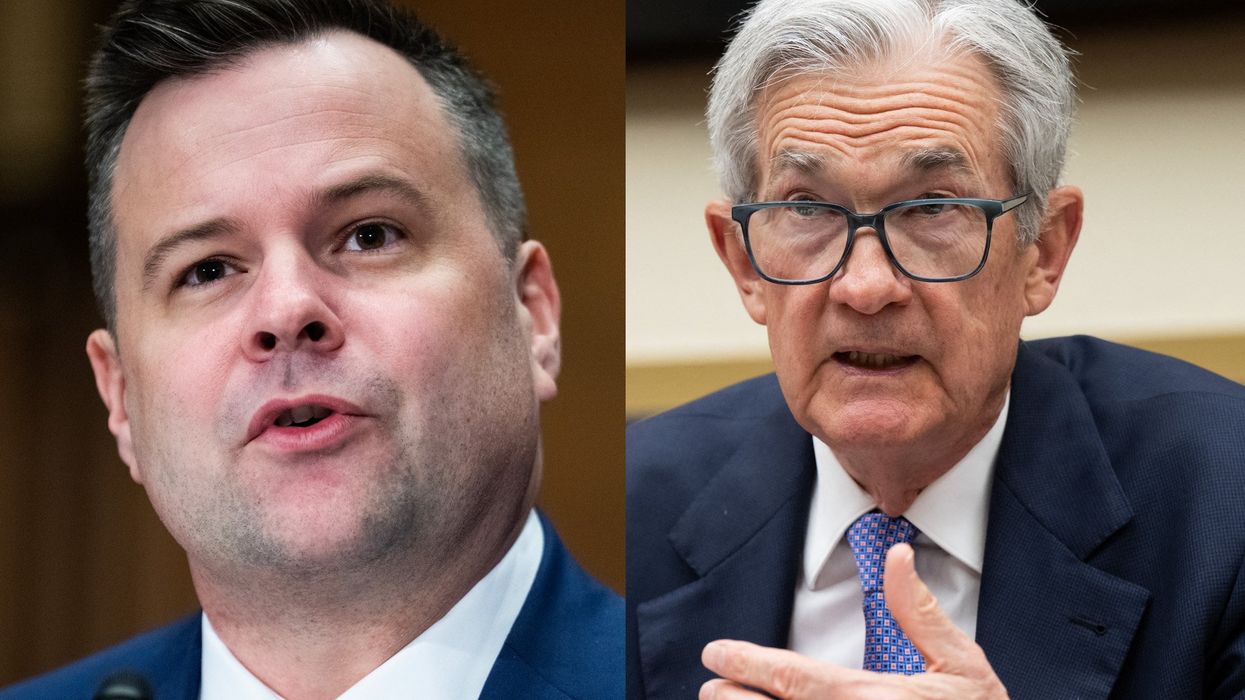
© 2025 Blaze Media LLC. All rights reserved.
Intel Chief Denies Ryan's Request for Clinton to Be Blocked From Receiving Classified Briefings
July 11, 2016
"There is no legal requirement for you to provide Secretary Clinton with classified information."
The director of National Intelligence shot down House Speaker Paul Ryan Monday, denying the Wisconsin Republican's request that Hillary Clinton be blocked from receiving classified briefings as a candidate for president.

Ryan made the formal request several days ago, citing the fact that, though the FBI did not recommend charges against Clinton, agency director James Comey said the former secretary of state was "extremely careless in their handling of very sensitive, highly classified information." So in his letter for Intel Chief James Clapper, the speaker requested she be denied access to classified information "for the duration of her candidacy."
"There is no legal requirement for you to provide Secretary Clinton with classified information, and it would send the wrong signal to all those charged with safeguarding our nation’s secrets if you choose to provide her access to this information despite the FBI’s findings," the letter read. "I firmly believe this is necessary to reassure the public that our nation’s secrets are secure."
But Ryan's letter was unsuccessful in persuading Clapper to revoke the traditional privilege from the presumptive Democratic presidential nominee.
In a response to the senior Republican's letter, Clapper said he "does not intend to withhold briefings from any officially nominated eligible candidate."
This comes the same day Reps. Jason Chaffetz (R-Utah) and Bob Goodlatte (R-Va.) officially filed a request for the U.S. attorney for the District of Columbia to launch an investigation into whether Clinton committed perjury before Congress.
In a letter, the House Republicans wrote that claims Clinton made under oath about her use of a private email server while serving as secretary of state seem to "directly contradict" what the FBI's investigation revealed.
Last October, Clinton claimed she never sent or received any information marked classified at the time. However, the FBI's findings showed there were 110 emails marked classified "at the time" and eight emails that contained "top secret" content. In addition, Comey concluded that it is possible hostile actors gained access to the candidate's private server.
—
Follow the author of this story on Twitter:
Want to leave a tip?
We answer to you. Help keep our content free of advertisers and big tech censorship by leaving a tip today.
Want to join the conversation?
Already a subscriber?
more stories
Sign up for the Blaze newsletter
By signing up, you agree to our Privacy Policy and Terms of Use, and agree to receive content that may sometimes include advertisements. You may opt out at any time.
Related Content
© 2025 Blaze Media LLC. All rights reserved.
Get the stories that matter most delivered directly to your inbox.
By signing up, you agree to our Privacy Policy and Terms of Use, and agree to receive content that may sometimes include advertisements. You may opt out at any time.





